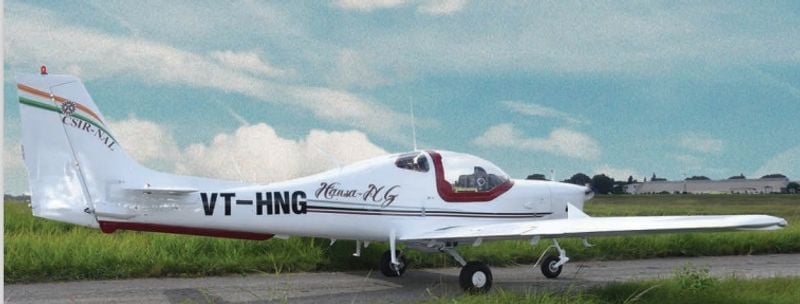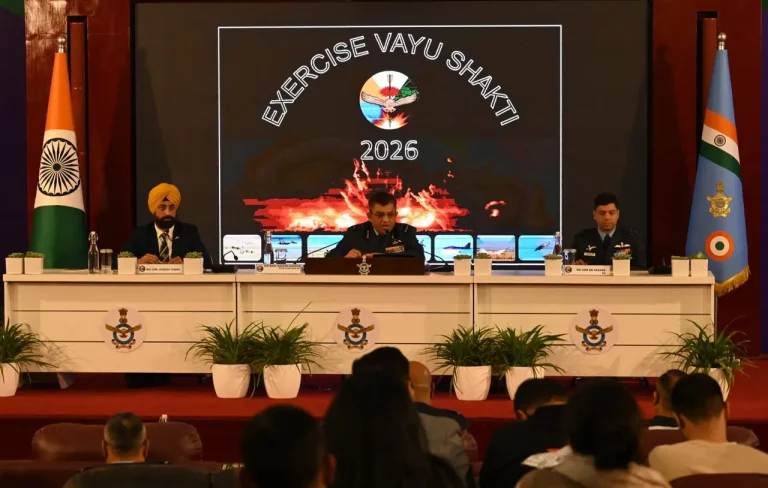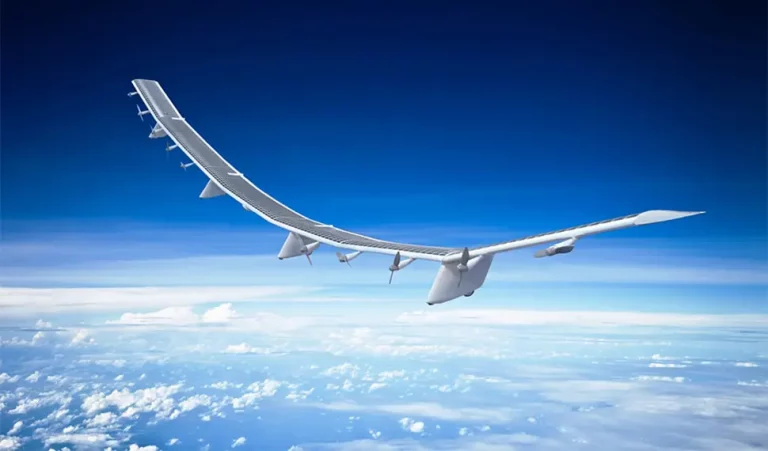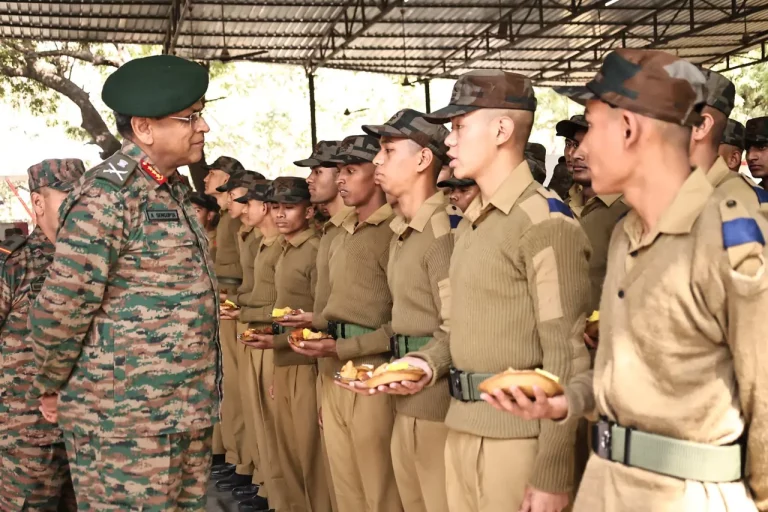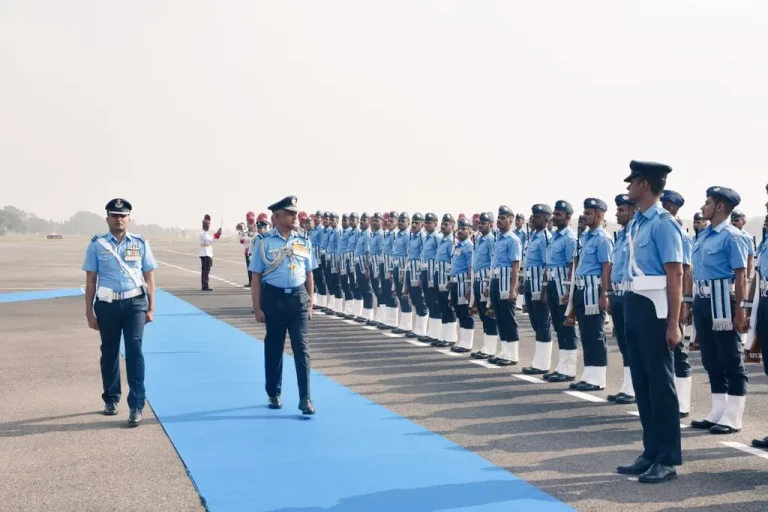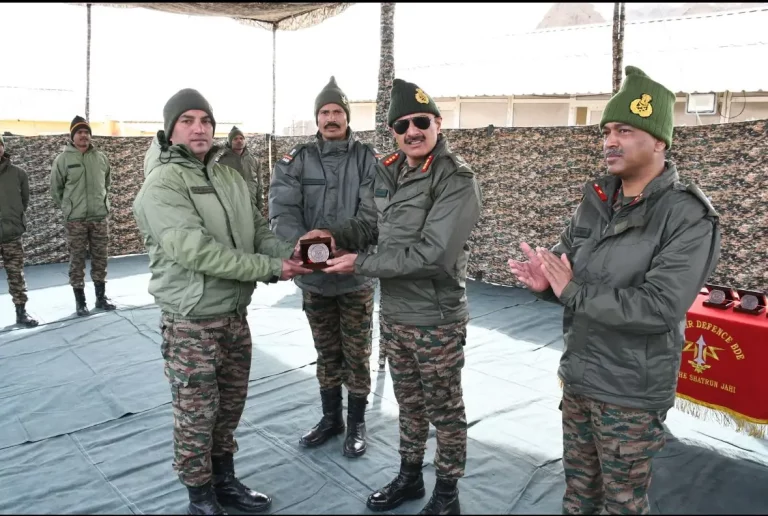India has embarked on an ambitious initiative to develop the Electric Hansa (E-Hansa), a state-of-the-art two-seater electric trainer aircraft, which represents a notable advancement in the pursuit of green aviation and indigenous aerospace innovation. The launch was announced by Dr. Jitendra Singh, the Union Minister of State (Independent Charge) for Science and Technology, during a high-level review meeting with secretaries from various science departments.
The E-Hansa project is being spearheaded by the National Aerospace Laboratories (NAL), a research institute under the Council of Scientific and Industrial Research (CSIR) based in Bengaluru. With an estimated development cost of around Rs 2 crore, the E-Hansa is set to be nearly half the price of comparable imported trainer aircraft. This initiative is part of the broader HANSA-3 (NG) program, which aims to provide cost-effective, domestically-produced training solutions for pilots, thereby mitigating reliance on foreign aviation products.
In his address, Dr. Singh underscored the significance of the E-Hansa project in furthering India’s clean energy objectives. He described it as a critical step towards achieving sustainable aviation and emphasized the need to expedite the commercialization of technology coupled with the establishment of early public-private partnerships. Specifically, he instructed the National Research Development Corporation (NRDC) to adopt paradigms similar to those of DBT-BIRAC and IN-SPACe to enhance technology transfer and encourage engagement from the private sector.
The minister proposed implementing a hub-and-spoke model for these public-private partnerships, powered by artificial intelligence and platforms facilitating intellectual property exchanges. He announced the formation of regional National Technology Transfer Offices (NTTOs) to broaden outreach in various sectors and geographic areas. Dr. Singh highlighted the necessity for standardized technology transfer protocols and streamlined business processes, aiming to attract investment into Indian research and development under the guiding principle of “Vasudhaiva Kutumbakam,” or “the world is one family.”
In addition to discussing the E-Hansa, Dr. Singh highlighted the notable achievements of the Indian Space Research Organisation (ISRO), particularly the success of the SPADEX mission, which tested essential docking and undocking capabilities required for the upcoming Gaganyaan human spaceflight initiative. He praised ISRO’s ongoing collaborations with various Union Ministries and state governments, mentioning Group Captain Subhash Shukla’s forthcoming mission to the International Space Station, which will include seven experiments in microgravity, further enhancing India’s presence in global space endeavors.
Aligning with Prime Minister Narendra Modi’s vision of a ‘Viksit Bharat’ (Developed India), Dr. Singh announced the organization of regional Chintan Shivirs employing a “Whole of Science, Whole of Government” methodology. These sessions aim to promote interdepartmental collaboration among institutions such as the Department of Science and Technology (DST), the Department of Biotechnology (DBT), CSIR, ISRO, and departments responsible for Earth Sciences and Atomic Energy.
To bolster international cooperation, Dr. Singh mentioned ongoing discussions with Switzerland and Italy aimed at establishing bilateral science cooperation centers, similar to existing Indo-French and Indo-German science hubs. He also put forth the idea of a “Global Science Talent Bridge” to draw top international researchers to India.
Addressing the temporary suspension of public access to CSIR laboratories due to security concerns, Dr. Singh assured stakeholders that this initiative would soon resume, especially given the positive response from students following the Prime Minister’s announcement during his radio address, Mann Ki Baat.
The meeting also saw the participation of prominent science administrators such as Prof. Ajay Kumar Sood, Principal Scientific Advisor; Dr. N. Kalaiselvi, Director General of CSIR; Dr. V. Narayanan, Chairman of ISRO; and other senior officials from various scientific and research institutions.
